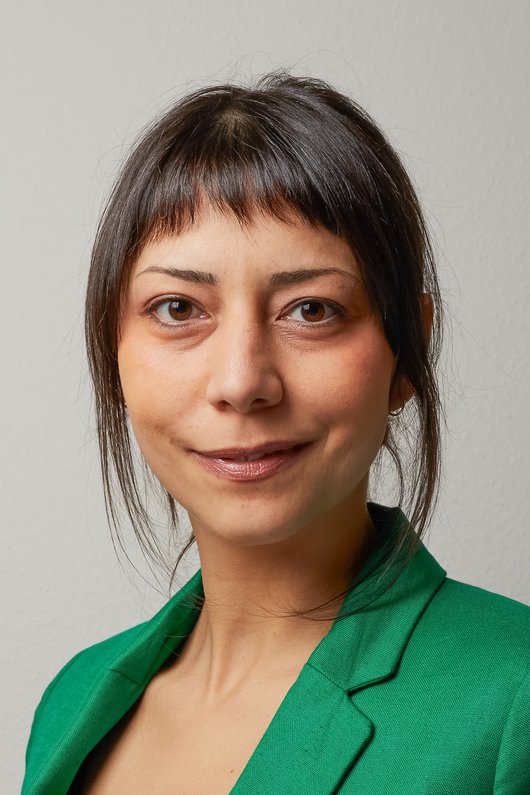… is the question to which we are devoting the input sessions, offers and exhibitions in the accompanying programme of the 2021 WESTWIND festival. The goal is to explore topics such as representation and self-empowerment as well as to address questions of participation, awareness and the capacity of theatre to present sensitive issues.
Feminist viewpoints and sustainability will be considered, as will possibilities of confronting structural racism and anti-Semitism – hot topics within the local theatre scene. Engaging in this discourse can help theatre-makers for young audiences increase their awareness of social processes that not only play a role in their artistic work but also in their dealings with each other and their audience.
In this spirit, COMEDIA Theater’s children’s and youth advisory board will run a consultation booth for professional theatre-makers during the festival. And every day, one or two 15-minute impulse videos will be released that feature well-known scholars and experts addressing cultural policy issues. For example, Prof. Dr. Aladin El Mafaalani will talk about freedom of expression, conflict culture, populism and the concept of an open society, while Lena Gorelik focuses on sexism and artistic freedom. Furthermore, we can look forward to impulses from Lisette Reuter, Jana Zöll, Nicola Bramkamp, Nishna Mehta and Barbara Fuchs. The founding of a new Cologne network of theatres for young audiences will play a role at the festival, as will a panel discussion on the topic “Who stands (up) for me – on stage?" with representatives from the arts & culture scene.
In order to hone a critical, (post-)colonial perspective, Decolonize Cologne will lead festival visitors through Cologne’s Südstadt district to investigate stories of colonialism, personal images/ideas and family relationships. Pupils of Humboldt-Gymnasium have likewise taken an in-depth look at this topic and consequently concocted a digital and interactive (post-)colonial city rally. The route can be easily downloaded and started from any mobile phone during the festival.
To promote sustainability, the festival invites visitors to join “clean-up” efforts in the Volksgarten, and the food served at the festival will be purely vegan. Furthermore, in keeping with sustainable processes, the majority of our PR communications will be conveyed digitally. In cases where analogue information becomes necessary, it will appear on recycled, sustainable materials.
Following the postponement of the festival and a long, pandemic-induced break in arts & culture, the programme of accompanying events at WESTWIND festival hopes to provide a platform for continued conversation. The key question “Who Speaks for Whom?” will be reflected in each event in different ways to scrutinise the work of the scene.
Fokus on Awareness
As part of this year’s WESTWIND festival, the two academics Seda Sönmeztürk and Alexis Rodriguesz Suárez will attend the festival as observers. From their respective perspectives, they will evaluate how the festival, the invited productions and the festival participants deal with socially relevant questions and current topics. After the festival concludes, they will share their impressions of gender issues, queer feminist issues, racism and power issues in the institution of theatre, especially in the scene of theatre for young audiences, with the members of the Workgroup of Theatres for Young Audiences. They would also like to include conversations with festival visitors in their impressions.

Seda Sönmeztürk
studied philosophy and sociology. In addition to teaching as an adjunct lecturer, she works at the faculty of ethnology at Ruhr University Bochum. She is academically involved in various theatre projects and is currently interested in possibilities of dialogue between science and theatre.
Alexis Rodríguez Suárez
describes himself as a cis queer man of colour in the diaspora. He currently works in Dortmund in a counselling and empowerment programme for young queer people of colour. He also creates spaces for underrepresented or non-visible communities and their stories as a curator and community organiser. He has collaborated with various organisations in Germany to develop community-based art and film projects as well as cultural and political education initiatives.